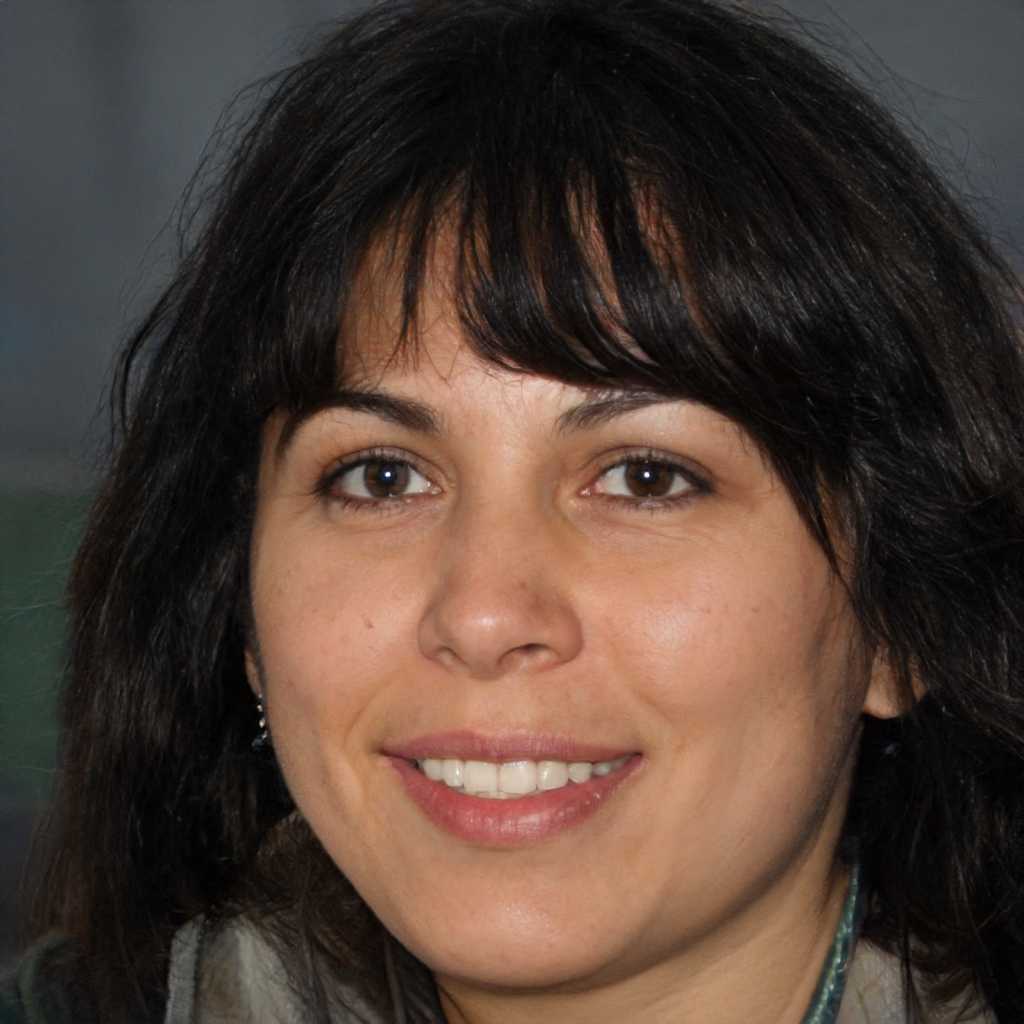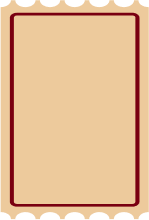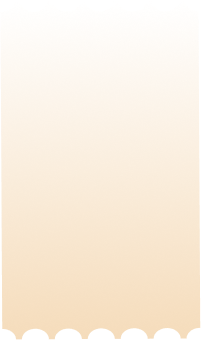The objective of this report is to analyse the role as well as contribution of manger and leader in an organisation. In this regard it is needed to evaluate key approaches of operation management that can provide its contribution in business success and growth.
Management is refers as the process which includes the functions regarding coordination of the activities of employees in organisation to accomplish their objectives. These functions are performed by the manager of organisation. They also perform the functions in respect of allocation of different resources of organisation in effective manner such as finance, natural, technological and human resources. Effective performance of management functions helps to build organisational operations more effective and efficient. Operations management is refers as such area of management which is related to the designing and controlling the process of production of goods and services. The main management functions which are performed by the manager includes planning, organising, leading and controlling. Unilever Plc, is an international organisation provides their business activities in many product lines such as cleaning agents, food and beverages and personal care products (Accomazzi and et. al., 2012).
In the present report explain about, comparison between the different roles and characteristics of leader and manager, application of the role of leader and functions of manager in different organisational situations, application of different approaches of leadership and description about the key approaches which helps in operations management and the roles played by manager and leader. Also, importance and value of operations and management in accomplishment of organisational objectives and external factors which are present in business environment which have significant upon operational management.
TASK 1
P1 Comparison of the different roles and characteristics of leader and manager
INTRODUCTION
Manager and leader are two important personnel of organisation having different roles and characteristics. Manger of organisation has the functions regarding operation of daily business activities smoothly through managing different internal and external factors. Leaders of the organisation has the function about guidance of employees. In this question describe about definition of management and leadership, different management functions, leadership roles provided by Mintzberg and difference between manager and leader.
Definition of management and leadership
Management: According to Henri Fayol, management is refers as the function of forecast and build plans, organise the activities to provide proper command and bring coordination in their different actions and build effective control over all business operations.
Leadership: It is defined as the art of motivating group of persons that to provide their best towards the roles and responsibilities assigned to them in effective achievement of common goals of goals of organisation (Ageron, Gunasekaran and Spalanzani, 2012).
Management functions
Unilever Plc is big organisation having their business in many countries. Large number of employees and different departments are working to provide their actions as per standards which are set by top management of organisation to sustain their image and sales in market. The main role in this regard, is played by the manager of organisation because they posses the responsibility about managing all the different aspects of organisation to accomplish predetermined goals. To coordinate the various functions which are performed in organisation on regular basis and to cope with the external factors which are present in business environment required to perform all the basic functions such as planning, organising, leading and controlling. This will provides the opportunity is to build effective strategies and plans after assessing actual impact of the issues on business operations. All the four different management functions which are performed by the manager of Unilever are defined below:
Planning: It is basic function which is performed by the manager of continuous basis at every level of organisation. It is refers as the function of looking of ahead and prediction about the future course of actions through analysis of the past performances which have significant influence over the working of organisation. This will includes the setting of the standards and goals which are required to achieve. For ex., manager through forecasting sets out the clear goals for production department to meet the demand requirements (Benjaafar and Daskin, 2013).
Organising: It is refers as the process in which efforts are made to achieve desired plans. Here, includes effectively organise human and other resources according to need of plan. For ex., Appointment of more employees in production departments and bring technological innovation to improve the production capacity.
Leading: It refers as the process of motivating employees of organisation to attain desired targets set out in plan. It can be said as the influencing skills of manager of the behaviour of employee's. For ex., provide support to employees of production department to gather their high rate of response.
Controlling: It is refers as continuous monitoring over the activities of employee's. This will includes finding out the deviations and provide optimum solutions to accomplish targets. For ex., evaluation of performance of production department of Unilever for optimum utilisation of resources (Childe, 2011).
Leadership roles by Mintzberg
Interpersonal category
Figurehead: As a manager having social, ceremonial and legal responsibilities. Managers are source of information.
Leader: Provide functions related to management of performance and responsibilities of everyone in group.
Liaison: Building of communication with internal and external contacts.
Informational category
Monitor: Gathering the information related to organisation and industry, to ascertain the information about changes happen in environment.
Disseminator: role of providing important information to the colleagues and other team members (Drake and Spinler, 2013).
Spokes person: Function where manager represent the organisation. This includes about transmission of information about targets of organisation to other parties.
Decisional category
Entrepreneur: Performing the role regarding creation and controlling of changes which are happen in organisation. This includes the activities related to solving problems, generation of new ideas and their actual implementation.
Disturbance handler: Role of taking charge of the unexpected situations when they arise in the organisation. This includes the role of mediator within the disputes arise in organisation.
Resource Allocator: Having the role about appropriate allocation of resources of organisation to attain best results.
Negotiator: Taking the direct part in organisational functions and provide negotiating functions within team , department and organisation.
Difference between manager and leader
|
Manager
|
Leader
|
|
Manager has wide roles than leader. So, it is bid concept.
|
It is narrow term where leader not performs management functions.
|
|
Manager fits well in structure of organisation
|
Leader can be put in the informal group also
|
|
To become good manager need to be have good leader
|
Leaders are not managers
|
CONCLUSION
It has been concluded from this question that management and leadership are two different concepts but performs for the achievement of common goals of organisation. To become successful manager need to attain competency in four management functions.
TASK 2
P2 Role of leader and function of manager applied on different situations
INTRODUCTION
It is the duty of the manager and leader of organisation is to adopt different roles and functions according to the situations which are present in organisation. Here, in this question includes about different types of organisational situations, impact of such organisational function upon management functions and four different types of leadership styles (Gimenez, Sierra and Rodon, 2012).
Organisational Situations
There are different type of situations are present within the organisation. These situations are classified into three different categories such as Stable situation, Slow to moderate changing situations and Fast changing operations. So, it is important for the management is to assess all the situation before making their strategies. These situations are defined below:
Stable situation: It depicts about the less changes are occur in their business operations due to having the stability in the industry under which they provides their business functions. For ex., cleaning products which are provided by Unilever is considered under stable situation as less changes are occurred (Ham, Hitomi and Yoshida, 2012).
Slow to moderate changing situa
Amazing Discount
UPTO55% OFF
Subscribe now for More
Exciting Offers + Freebies










